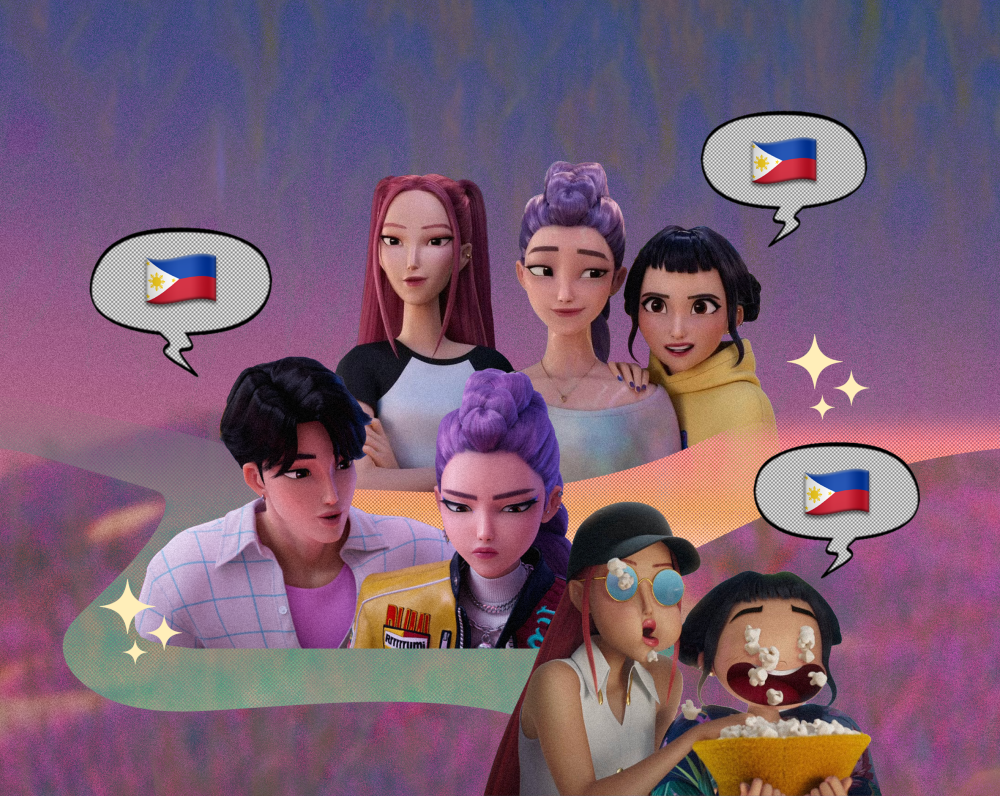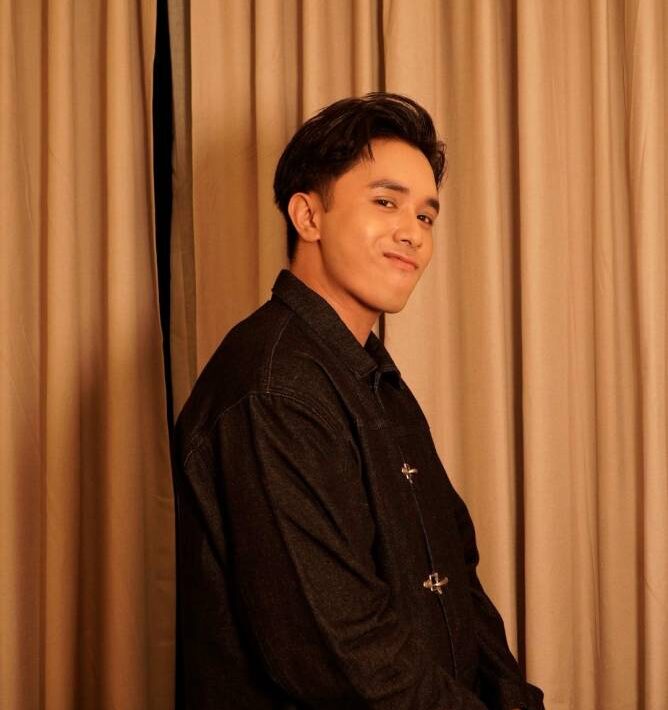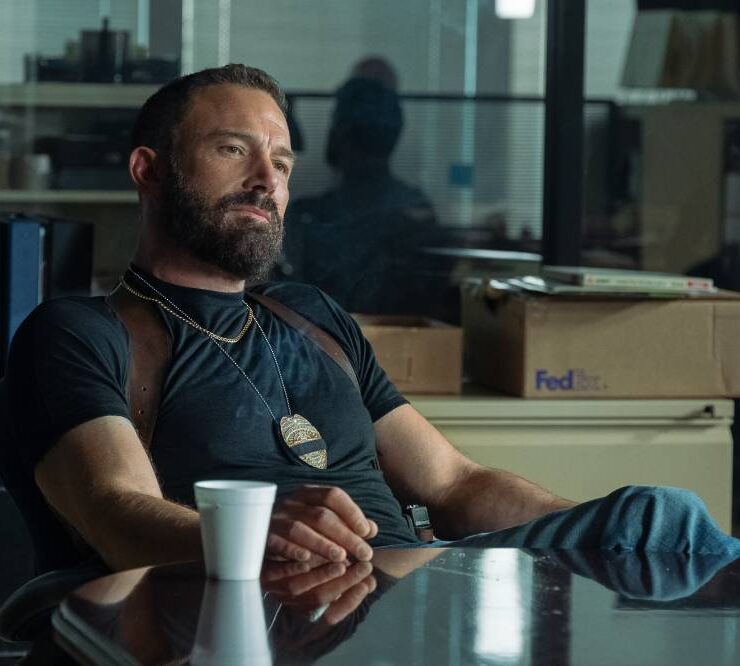‘KPop Demon Hunters’ Filipino dub showcases industry growth

If you didn’t already know it by now, you’ve probably been living under a rock since June 20, 2025: “Golden” may very well be not only the song of the summer, but the song of 2025. Netflix’s “KPDH” may also very well just be the movie of the year.
And its original soundtrack? It may just be the soundtrack of the year.
A Filipino-powered revolution
Did you know that Filipinos are driving the entire hype for “KPDH?” According to Google Trends, the Philippines leads the entire world in its interest in the movie and everything about it, even today.
This dominance in the Filipino zeitgeist is also probably helped by the fact that Netflix has recruited local post-production house Hit Productions to give the movie and its songs a local flavor by translating everything. Take note: All the songs on the soundtrack have been translated to Filipino, the only Southeast Asian language that officially got this treatment. (Elsewhere on the continent, there are Korean, Japanese, and Hindi versions.)
“We were given the option to dub the songs and were asked to submit a brief explanation as to why localized versions would be appealing to Filipino audiences,” says Rudolf Baldonado, casting and dubbing director and the head of localization at Hit Productions. “We immediately went with the concept of riding the P-Pop trend, creating versions of the songs with both Filipino and English in the lyrics. Netflix approved it and the rest is history.”
“First time I saw it, I got excited, overwhelmed, and scared. It had so much potential, and the pressure to localize and dub it seemed like a daunting task kasi the Filipino audience must appreciate this in the vernacular. If not, we would not have done our jobs.”
“Good thing a lot of people liked it,” he adds.
A “Golden” opportunity
The actresses who played the leads also had a feeling that they had a gold mine in their hands. While a lot of the platform’s dubbed content mostly flew under the radar after Liza Soberano’s turn on “Trese,” the team’s work on “KPDH” got more attention—especially after people found out there were Filipino versions of the songs.
“It was really gratifying to see that the audience also loved the dub. That it helped make the story and characters resonate with Filipinos more,” says Jeula Agbayani, who voices the dialogue for Huntr/x’s maknae Zoey.
“I just didn’t expect our Tagalog dubbed version to be such a hit or trendy on social media, especially the [P-Pop versions of the] songs,” says Owen Caling, who voices dialogue for Huntr/x’s badass Mira.
A contemporary, 2020s kind of Filipino dubbing
The reason why you should switch the audio to Filipino on Netflix—especially if you’ve long found Tagalog dubbing on TV to be “baduy” or “jologs”—is that it’s not the voice acting we grew up with.
That statement is bound to be polarizing because old-school Filipino dubbing is either something you enjoy as a hallmark of your childhood, or something you might not prefer because you’d rather listen to the original English, Japanese, or Korean, whichever have you. But “KPDH” and Hit Productions’ work on Netflix doesn’t sound anything like that.
“Ever since Hit started localizing foreign shows for local audiences, we made it our mission to adhere to international standards for A-list clients. That meant leaving the traditional Tagalog dubbing techniques and concepts behind, and instead focusing on the original material and making it relatable to Filipinos,” explains Baldonado.
Leia, who voices dialogue for main protagonist and Huntr/x leader Rumi, agrees.
“I’ve been dubbing with Hit since 2015, at masasabi ko nga na ’yong process and mindset nila pagdating sa dubbing ay kapit talaga sa international standards,” she says.
And regardless of what ’80s and ’90s babies may feel about the dubbing they got used to in their childhoods, there is an understanding among the actors that many perceived that style as “cringey.” The voice actors worked hard in the booth to change that. It’s now closer to how modern actors deliver lines, with much more realistic-sounding emotions and modulation.
Putting our best voice forward
“You know, I do think the Filipino audience’s ear has been evolving over time, because I’ve heard from friends and family, and seen on social media, that they’ve been loving the recent Tagalog dubs,” says Agbayani. “I think they just want to feel the same roller coaster of emotions from the shows and movies told through their own language, so that they get the story more.”
“The most common praises we get from audiences are, ‘Puwede palang ganito ang dub!’ ‘Magaling talaga ang Filipino VA (voice actors).’ ‘International standards ang dub na ‘to,’” Baldonado shares.
So if you didn’t already know that there’s a whole army of Filipino voice actors doing the Lord’s work, this is the brightest sign you’ll be getting. Show your friends and family—especially those who may be apprehensive about their grasp of English that they’re more comfortable consuming something more Filipino. You never know what you might get into just because there’s now a Filipino dub.
“As dubbers, we really try to put our best foot forward to give audiences more relatable and entertaining content na mas nauunawaan nating lahat (that we can all better understand),” says Leia.
“There’s honestly too many [dubbed titles now] to mention,” says Agbayani. “But I saw that there was a section specifically for shows and movies with Filipino dub, so check those out!”




















